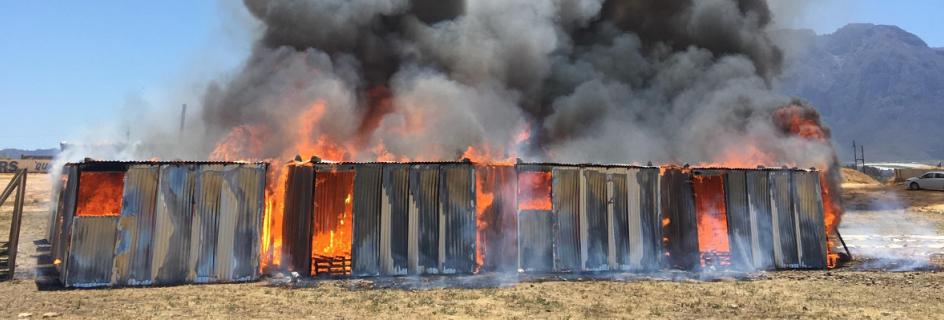Post date:
The interdisciplinary hubs will work across 85 countries with governments, international agencies, partners and NGOs on the ground in developing countries and around the globe, to develop creative and sustainable solutions that help make the world safer, healthier and more prosperous.
Tackling nitrogen pollution
Professor Stefano Brandani of the Institute for Materials and Processes will play a leading role in the South Asian Nitrogen Hub which will tackle the challenge that nitrogen pollution poses for the environment, food security, human health and the economy in South Asia. The Hub will study the impacts of the different forms of pollution to form a coherent picture of the nitrogen cycle.
In particular, it will look at nitrogen in agriculture in eight countries and its recommendations will support cleaner and more profitable farming, as well as industrial recycling of nitrogen, fostering development of a cleaner circular economy for nitrogen.
The partnership is led by Professor Mark Sutton of the Centre for Ecology & Hydrology with major contributions from the Schools of Geosciences and Engineering at the University of Edinburgh.
Mitigating disaster risk
In addition, Professor Alastair Borthwick and Dr David Rush of the Institute for Infrastructure and Environment will contribute to the Multi-Hazard Urban Disaster Risk Transitions Hub.
Led by Professor John McCloskey of the School of Geosciences at Edinburgh, the Hub is aimed at reducing disaster risk for the poor in tomorrow’s cities. It will address a critical development problem with more than two billion people exposed to floods, earthquakes, landslides, volcanos and cyclones in cities of low-to-middle income countries and this figure is expected to double by 2050.
These new projects bolster the School of Engineering’s work in the Global Challenge Research Fund area and build on existing awards including the “Improving the resilience of informal settlements to fire (IRIS-Fire)” project led by David Rush and colleagues in the BRE Centre for Fire Safety Engineering.



